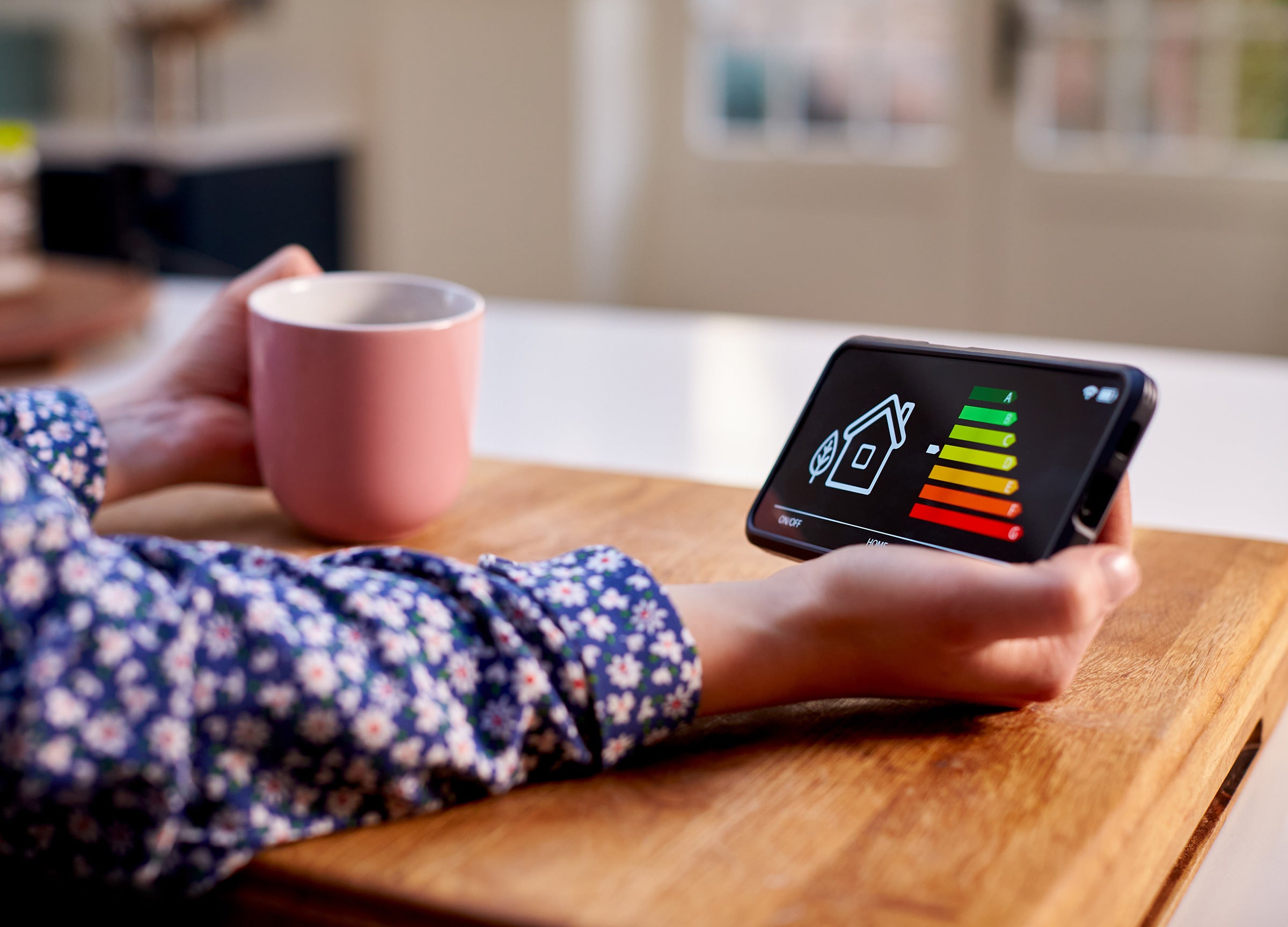Choosing energy-efficient appliances for your kitchen might seem overwhelming, but it's a crucial step in reducing environmental impact and saving money on energy bills. Kitchen appliances such as washing machines, dishwashers, and refrigerators are essential, but they can be among the most expensive to operate. Opting for energy-efficient models can help minimise both environmental damage and long-term costs.
Dishwashers, Washing Machines & Tumble Dryers
Intelligent Technology: Look for appliances with intelligent technology that automatically adjusts settings during cycles. Sensors monitor the load and adapt water pressure, temperature, and time settings. Brands might have unique names for this feature – for instance, Whirlpool calls it the 6th Sense range.
Eco-Cycle: Seek models with eco-friendly cycles designed to reduce electricity and water consumption. Eco cycles for washing machines can be programmed for different fabrics, potentially saving up to 70% in energy.
Delay Start: Many modern appliances feature a delay-start function, allowing users to take advantage of off-peak electricity tariffs. This feature lets you program the start time, enabling you to clean dishes or do laundry during cheaper periods.
Silent Technology: Modern appliances with super silent technology allow you to run them during the evening without disturbing your household. Noise levels below 75dB are considered quiet, and models with quiet technology create less vibration for a peaceful operation.
Half Load – Dishwashers: Choose a dishwasher with a half-load function to use less water and energy when you have smaller loads, saving both money and resources.
Refrigeration
Energy Ratings: Pay attention to energy ratings for refrigerators. Models with A+ or higher ratings are more energy-efficient, using up to 25% less energy than equivalent A-rated products.
Eco/Holiday Mode: Look for appliances with Eco/Holiday Mode, allowing the fridge to operate in a power-saving mode. This is useful when you go on holiday, ensuring energy conservation while the door remains closed.
Sensible Food Storage: Maintain the internal temperature of your fridge between 1°C and 4°C for optimal efficiency. A well-stocked fridge runs more efficiently, and waiting until food cools before placing it in the freezer helps save energy.
Defrosting in the Fridge: Defrost frozen items in the fridge to cool the internal temperature gradually, reducing the workload on the appliance.
Also... Consider Ditching the Kettle
Kettles are inefficient and consume a considerable amount of water and energy. Consider installing a boiling water tap for instant hot water, saving time, water, and energy.
Upgrading your old, energy-hungry appliance might cost you a bit upfront, but it's important to remember that a new, efficient model will save you money in the long run. It's a good investment; just be smart when you're shopping.
And don't stress about getting rid of your old appliance. We've got you covered with our eco-friendly removal and recycling service. For just £25, we'll take away your old appliance when we deliver your new one, making things super easy for you.





